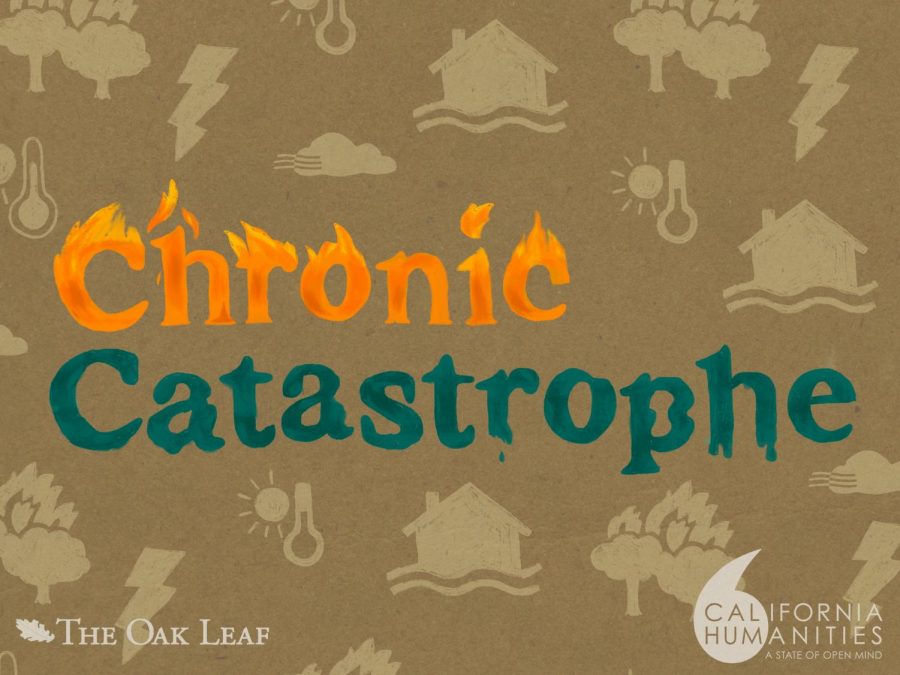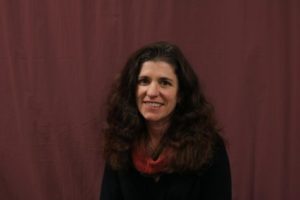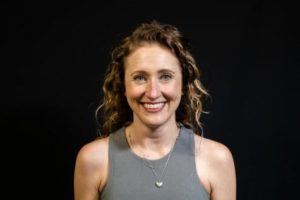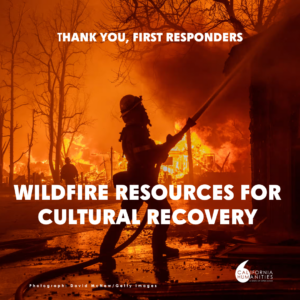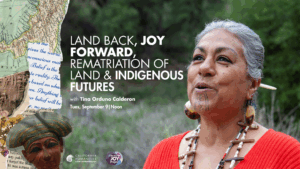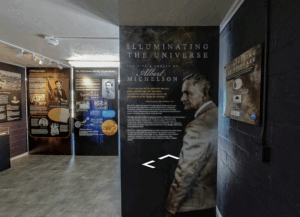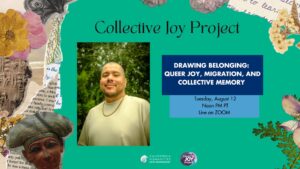Over the past several years, Sonoma County has seen more than its share of natural disasters—a 100-year flood, a historic drought, and six major wildfires that killed 114 people, destroyed more than 18,000 buildings and forced more than half the county to evacuate their homes. The region also suffered through months of unhealthy smoke-filled air and regular power shut-offs.
CHRONIC CATASTROPHE is a new four-part podcast series about the impact of climate change-induced disasters on communities’ minds, bodies, and spirits like those in Sonoma County. Produced by student journalists at Santa Rosa Junior College as part of California Humanities’ Democracy and the Informed Citizen Emerging Journalist Fellowship Program, the series poses the question: Is it worth the risk to our mental and physical health, and our psyches, to continue to live in a place where disaster is unrelenting?
Listen to the CHRONIC CATASTROPHE trailer:
Under the guidance of SRJC journalism program director Anne Belden, students spent nine months researching and producing the series and, in all, interviewed more than 30 sources, including two members of Congress, doctors, scientists, religious figures, mental health experts, and several area residents affected by fires and floods.
SRJC Emerging Journalist Fellows Maritza Camacho, Rebecca Bell, Lauren A. Spates, and Nicholas “Nick” Vides.
“Sonoma County has always made the news because we’re always on fire—we’re known for being on fire, and that’s pretty sad, but it’s like the new normal now. There’s not a lot of discussion of how we live it over, and over, and over again as a people.” – Maritza Camacho, Journalism Fellow, Santa Rose Junior College from “’Chronic Catastrophe’: a New Podcast from California Humanities Emerging Journalist Fellows” by Sydney Boyd
Launched in 2018 as part of a national initiative administered by the Federation of State Humanities Councils and supported by the Andrew W. Mellon Foundation, Democracy and the Informed Citizen is designed to engage a broad cross-section of Californians in consideration of the vital connections between democracy and journalism. By incorporating the insight and perspective of journalists and the context and inquiry of the humanities, the initiative supports media literacy and civic engagement among Californians. Presented in partnership with community colleges throughout the state of California, the initiative provides fellowships, training, and mentorship for emerging student journalists as they conduct in-depth reporting projects on subjects and issues of importance to their campuses and communities.
“What attracted me to this fellowship was that I was reporting on things that were short and sweet, and it was constantly changing, and you’re just always churning out content. This gives me the chance to finally focus on one topic and create a podcast, which is something that I’ve never done before.”–Nick Vides, Journalism Fellow, Santa Rose Junior College
In 2021, students from eight community college campuses, including Santa Rosa Junior College, participated in a statewide cohort of Emerging Journalist Fellows. With guidance from journalism mentor Joaquin Alvarado, co-founder of Studiotobe and former Executive Director of the Center for Investigative Reporting, student fellows produced podcasts, data-driven websites, op-eds, articles, photojournalism, online forums, and short-form videos on topics ranging from the impact of COVID 19 on the lives and educations of the children of farmworkers in the Central Valley to the history, environment, and future of the Salton Sea.
For the 2021 student fellows at Santa Rose Junior College, producing CHRONIC CATASTROPHE during a pandemic was a significant challenge. But the hard work has paid off, and the series is getting much-deserved attention, most recently when it was picked up for national distribution through NPR.
“I’m also so thrilled that we can reach a wider audience because the show isn’t only for Californians. I hope listeners learn climate change is not just a California wildfire problem or a New Orleans flooding problem. The effects of these disasters stretch far and wide from ground zero: wildfire smoke floats thousands of miles, floodwaters flow into our rivers, and carry toxins far downstream. And mental health research shows even people who view other states’ devastation on TV are affected by the loss. So your mental and physical health is already at risk from climate change, regardless of where you live. And the quality of life we generally enjoy is no guarantee anymore.” – Lauren A. Spates, Journalism Fellow, Santa Rose Junior College
All four episodes of CHRONIC CATASTROPHE are available via NPR, Spotify, and Apple Podcasts.

